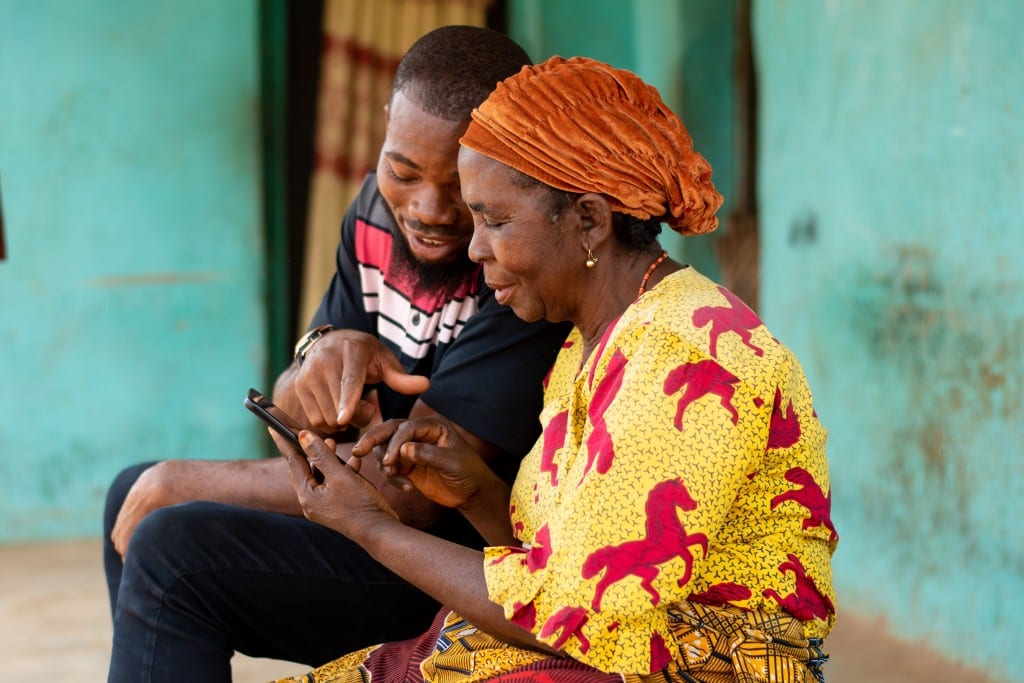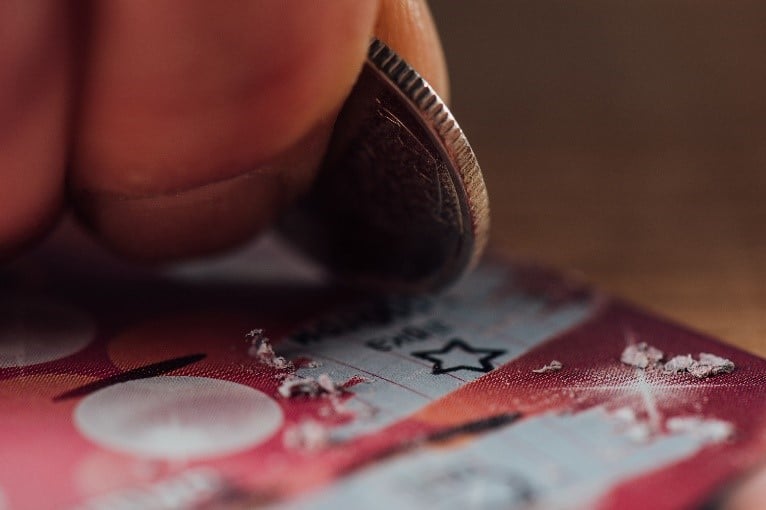Driving Mobile Money Usage in Tanzania through Expansion of Use Cases
By Julia Seifert, Research and Insights Consultant – FSDT
 In recent years, Tanzania has witnessed a remarkable growth in mobile money uptake, transforming the way people transact across the country. The Fin Scope Tanzania 2023 Report sheds light on the uptake of formal financial services, with the adoption of mobile money increasing from 60% in 2017 to 72% in 2023. While mobile money has already become an integral part of many Tanzanians’ daily lives for peer-to-peer transfers, there remains a significant untapped potential. To boost mobile money adoption and usage even further, there’s a need is to focus on its use cases, with a prime example being the exclusive use of mobile money for purchasing airtime voucher and bundles.
In recent years, Tanzania has witnessed a remarkable growth in mobile money uptake, transforming the way people transact across the country. The Fin Scope Tanzania 2023 Report sheds light on the uptake of formal financial services, with the adoption of mobile money increasing from 60% in 2017 to 72% in 2023. While mobile money has already become an integral part of many Tanzanians’ daily lives for peer-to-peer transfers, there remains a significant untapped potential. To boost mobile money adoption and usage even further, there’s a need is to focus on its use cases, with a prime example being the exclusive use of mobile money for purchasing airtime voucher and bundles.
Airtime, crucial for communication in the digital age, represents a prime opportunity to drive further adoption and usage of mobile money services. Surprisingly, only 23% adult Tanzanians purchase airtime using mobile money.
Meaning the remaining 52% of Tanzanian adults with a mobile phone are still visiting an agent to make an over the counter (OTC) purchase, which in many cases still involves scratch cards. By eliminating the OTC purchase and hence scratch cards and encouraging the use of mobile money for airtime purchases, Tanzanians can enjoy greater convenience, efficiency, and accessibility in managing their communication needs and through this will be able to prevent the environmental hazards that comes with the littering as well as distribution logistic related emissions of scratch cards or POS purchase machines. However, unlocking this potential requires joint efforts from various stakeholders, including government bodies, mobile network operators, financial institutions, and consumers themselves.
Widespread mobile network connectivity is essential, especially in rural and underserved areas. By expanding network coverage and improving service quality, more Tanzanians can access mobile money services and enjoy seamless airtime purchases regardless of their location.

Education and awareness campaigns are also important in driving adoption. Many Tanzanians may not be fully aware of the benefits and convenience of using mobile money for airtime purchases and the fact that there is no additional charge allocated in case the purchase is made directly through mobile money. They may also be unaware of the environmental pollution of using scratch cards. Therefore, targeted initiatives to raise awareness and provide digital literacy to the public can help eliminate misconceptions and encourage uptake.
Motives and rewards can further encourage adoption through discounts, cashback, loyalty rewards or any other offers for customers who use mobile money to purchase airtime bundles. These stimulants not only attract new users, but also retain existing users to make mobile money their preferred method of payment for airtime purchases.
Merchant integration is another essential aspect of driving mobile money adoption for airtime purchases. Providing support and encouraging more merchants, including airtime vendors, to accept mobile money as a form of payment expands the ecosystem and enhances convenience for consumers.
Regulatory support is critical for creating an enabling environment for mobile money adoption. Policymakers can play a significant role in promoting competition, innovation, and consumer protection within the mobile money ecosystem. By implementing supportive policies and regulations, regulators can foster trust and confidence among consumers and businesses, driving further adoption. And ensure that no mobile operator suffers from the uncertainty effects of being the first mover.
Once the mobile money owners are more accustomed to the purchase of airtime through their mobile money, they will have created a general familiarity with the mobile money menu, which in turn will provoke them to explore further and reduce usage fear.
Furthermore, continuous innovation is key to sustaining mobile money growth. Supporting FinTech companies and developers to create new use cases and features that cater to the evolving needs of consumers ensures that mobile money remains relevant and impactful in Tanzania’s digital economy.

While this may present opportunities for advancement, it also highlights that Tanzania is still lagging behind in comparison to its regional neighbours in mobile money adaption. According to statistics, Tanzania is behind our East African Neighbours like Kenya and Uganda in adaption of airtime purchases through mobile money, despite its potential for growth. According to the 2021 Kenya FinAccess, 50.7% of adults claimed to have used mobile money in the past 12 months to buy airtime. This is a significant increase from 33.9% in 2019. Similarly, Uganda has seen remarkable success in promoting mobile money adaptation especially on the area of purchasing airtime since 2018 when the Ugandan government closed the scratch card regulation with innovative initiatives driving widespread usage.
To understand the potential impact of transitioning to mobile money on airtime purchases, it’s important to examine our East African neighbour’s experiences with mobile money regulation. In Uganda, regulatory efforts aimed at promoting mobile money adoption initially yielded positive outcomes, with increased mobile money usage and financial inclusion. However, these regulations also led to unintended consequences, including service disruptions, increased transaction costs, and reduced competition among mobile money merchants.
While regulatory interventions can drive quick mobile money adaption, they must be carefully crafted to mitigate the potential drawbacks and ensure a balanced approach. The case for Tanzania transitioning to a mobile money only airtime purchases present a compelling opportunity to drive mobile money adaption and promote environmental sustainability. However, it requires a collaborative effort involving policymakers, regulators, mobile network operators and consumers.
Ultimately, by implementing these improvements in a coordinated manner, Tanzania can unlock the full potential of mobile money for airtime purchases, driving digital transformation across the country. As mobile money continues to gain momentum as a powerful tool for financial inclusion, leveraging its capabilities for airtime purchases represents a significant step towards realizing Tanzania’s vision of a digital economy.

